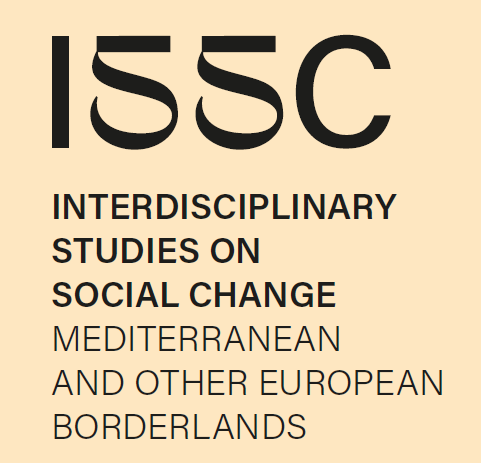The course is intended to work out a short history of Western-based capitalism and its main characteristics. On the one hand, it will take a Braudelian approach on social and economic history, viewing it in terms of processes of longue durée. Thus, starting with 13th century, i.e. the world-system before the European hegemony, we will proceed to the European expansion and colonialism and track down the developments of capitalist rationality, relationships of power, and divisions of labor. On the other hand, in turn, it will take an anthropological approach by focusing on manifold cultures of capitalism in their local dimensions. The course will take a seminar character: the evolution of capitalism will be analyzed through discussions and close engagement with readings. It will carry an interdisciplinary character and encompass social anthropology, history, economics, and philosophy. It is designed for students interesting in developing a critical understanding of the reality we live in and willing to know whether there are any alternatives to it.
Bibliography:
- Abu-Lughod, Janet L. 1991. Before European Hegemony: The World System A.D. 1250-1350. New York: Oxford University Press.
- Appadurai, Arjun. 1996. Modernity at Large: Cultural Dimensions of Globalization. Public Worlds 1. Minneapolis: University of Minnesota Press.
- ———, ed. 2013. The Future as Cultural Fact: Essays on the Global Condition. London: New York : Verso Books.
- Braudel, Fernand. 1994. A History of Civilizations. New York: A. Lane.
- ———. n.d. The Mediterranean and the Mediterranean World in the Age of Philip II. New York : Harper & Row, c1972-1973.
- Comaroff, Jean, and John L. Comaroff, eds. 2001. Millennial Capitalism and the Culture of Neoliberalism. Durham, NC: Duke University Press.
- Comaroff, John L., and Jean Comaroff. 2009. Ethnicity, Inc. Chicago Studies in Practices of Meaning. Chicago: The University of Chicago Press.
- Fernández-Armesto, Felipe. 1997. Millennium: A History of the Last Thousand Years. London: Black Swan.
- ———. 2001. Civilizations: Culture, Ambition,and the Transformation of Nature. Electronic resource. New York: Free Press. https://search.ebscohost.com/login.aspx?direct=true&scope=site&db=nlebk&db=nlabk&AN=1964413.
- Graeber, David. 2004. Fragments of an Anarchist Anthropology. Chicago: Prickly Paradigm Press : Distributed by University of Chicago Press.
- ———. 2011. Debt: The First 5,000 Years. Brooklyn, N.Y: Melville House.
- Hart, Keith. 2001. Money in an Unequal World. London: Textere.
- Huntington, Samuel P. 1996. The Clash of Civilizations and the Remaking of World Order. London: Touchstone.
- Landes, David S. 1998. The Wealth and Poverty of Nations: Why Some Are so Rich and Some so Poor. New York: Norton.
- Marx, Karl. 1990. Capital: A Critique of Political Economy. Pelican Marx Library. London: Penguin Books.
- Ritzer, George. 1993. The McDonaldization of Society: An Investigation into the Changing Character of Contemporary Social Life. Newbury Park, Calif: Pine Forge Press.
- ———. 2010. Enchanting a Disenchanted World: Continuity and Change in the Cathedrals of Consumption. 3rd ed. Los Angeles: SAGE.
- Wallerstein, Immanuel Maurice. 1979. The Capitalist World-Economy: Essays. Studies in Modern Capitalism. Cambridge: Cambridge University Press.
- ———. 1996. Historical Capitalism with Capitalist Civilization. London: Verso.
- Weber, Max. 1961. General Economic History. New York, NY: Collier Books.
- ———. 2001. The Protestant Ethic and the Spirit of Capitalism. Translated by Talcott Parsons. Routledge Classics. London and New York: Routledge.
- Wolf, Eric R. 1990. Europe and the People without History. Berkeley: University of California Press.Zuboff, Shoshana. 2019. The Age of Surveillance Capitalism: The Fight for a Human Future at the New Frontier of Power. London: Profile Books.

